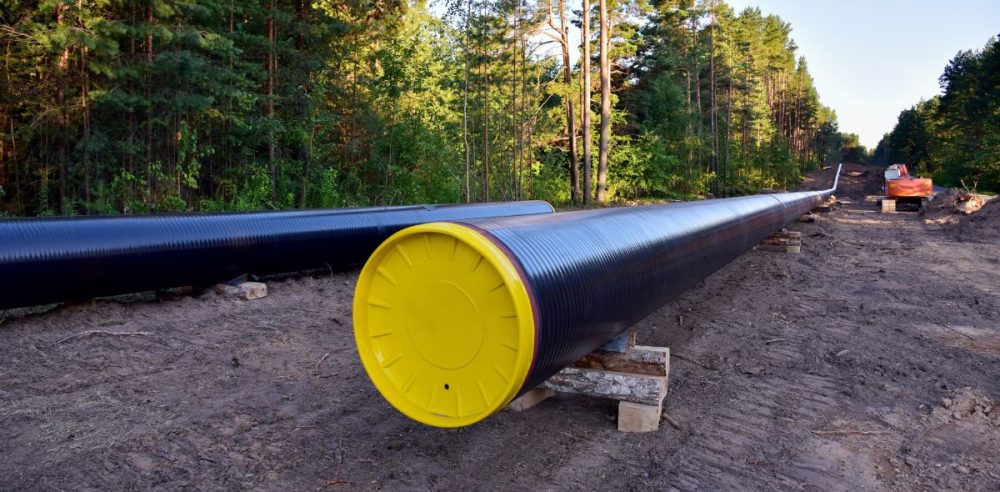(Texas Scorecard) – In a new report published Tuesday, the National Center for Energy Analytics slammed politically-imposed limitations on the United States liquefied natural gas market.
In the report, NCEA Senior Fellow Tristan Abbey found that the country’s LNG boom—which started around 2016 and 2017—is a once-in-a-generation opportunity at risk of being thwarted by political factors.
NCEA adviser Scott Tinker, director emeritus of the Bureau of Economic Geology at the University of Texas, elaborated on that conclusion to the Texas Public Policy Foundation.
Tinker stressed that LNG—produced by converting natural gas to a cooled, liquid state for storage and transportation—has a vital role in reducing carbon emissions and providing heat for building materials, fuel for vehicles, and molecules for fertilizers and plastics.
Since 2016, U.S. LNG exports have skyrocketed from nearly none to around 12 billion cubicle feet daily. The U.S. was crowned as the top LNG exporter in the world.
“LNG is the only way to move natural gas across the oceans, making it globally fungible,” stated Tinker. “To politically limit U.S. LNG is silly.”
Leading the efforts to limit LNG’s viability is the Biden-Harris administration, which imposed a temporary pause in January on issuing permits for LNG exports to countries without a free trade agreement.
Last month, the National Association of Manufacturers released a study finding that the temporary pause could cost an estimated 900,000 jobs, $216 billion of economic growth, and $48 billion in tax and royalty revenues by 2044.
“That the global market will consume far more LNG is clear to all serious observers. We have a choice of letting American companies serve that demand or throttling them, thus allowing others to do so, not least OPEC and Russia,” explained NCEA Executive Director Mark P. Mills.
The recent NCEA report notes several pathways for fixing the current political limitations on LNG in the U.S., including overturning the temporary pause, amending the Natural Gas Act and the National Environmental Policy Act, and making the Federal Energy Regulatory Commission independent.
The LNG export pause has specifically hit Texas harder than elsewhere, given its prominent oil and gas industry. Meanwhile, the state also had two LNG projects planned for the Rio Grande Valley struck down over the summer.
However, the agency revealed in September notices that both projects have the chance of being approved next year after an additional FERC environmental review of the area is conducted.


